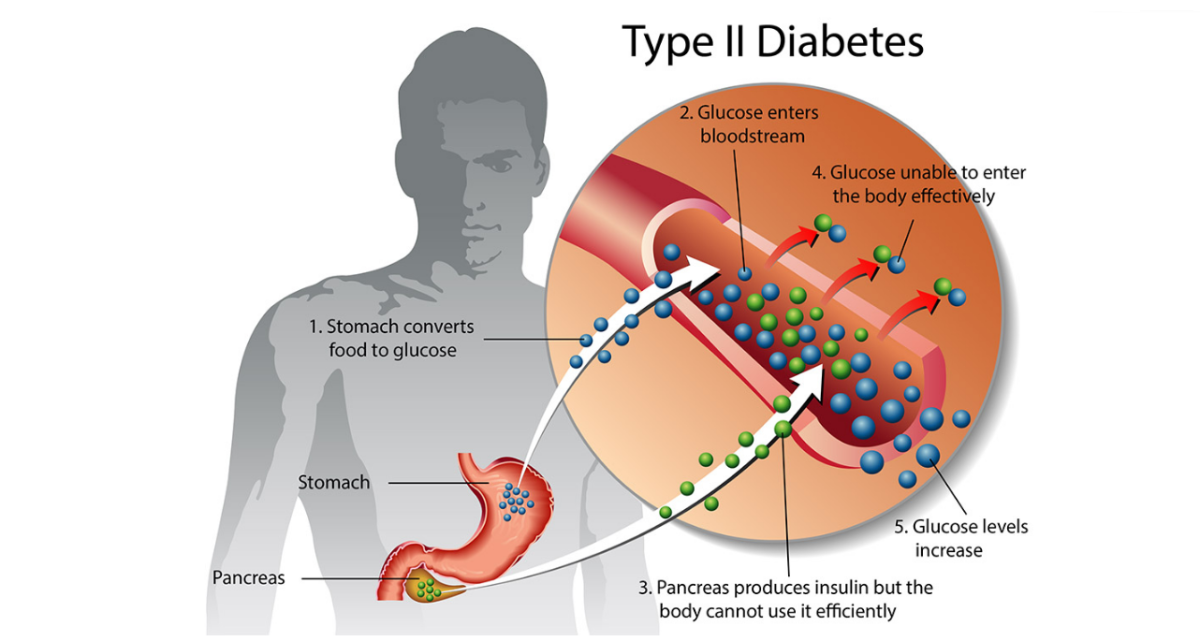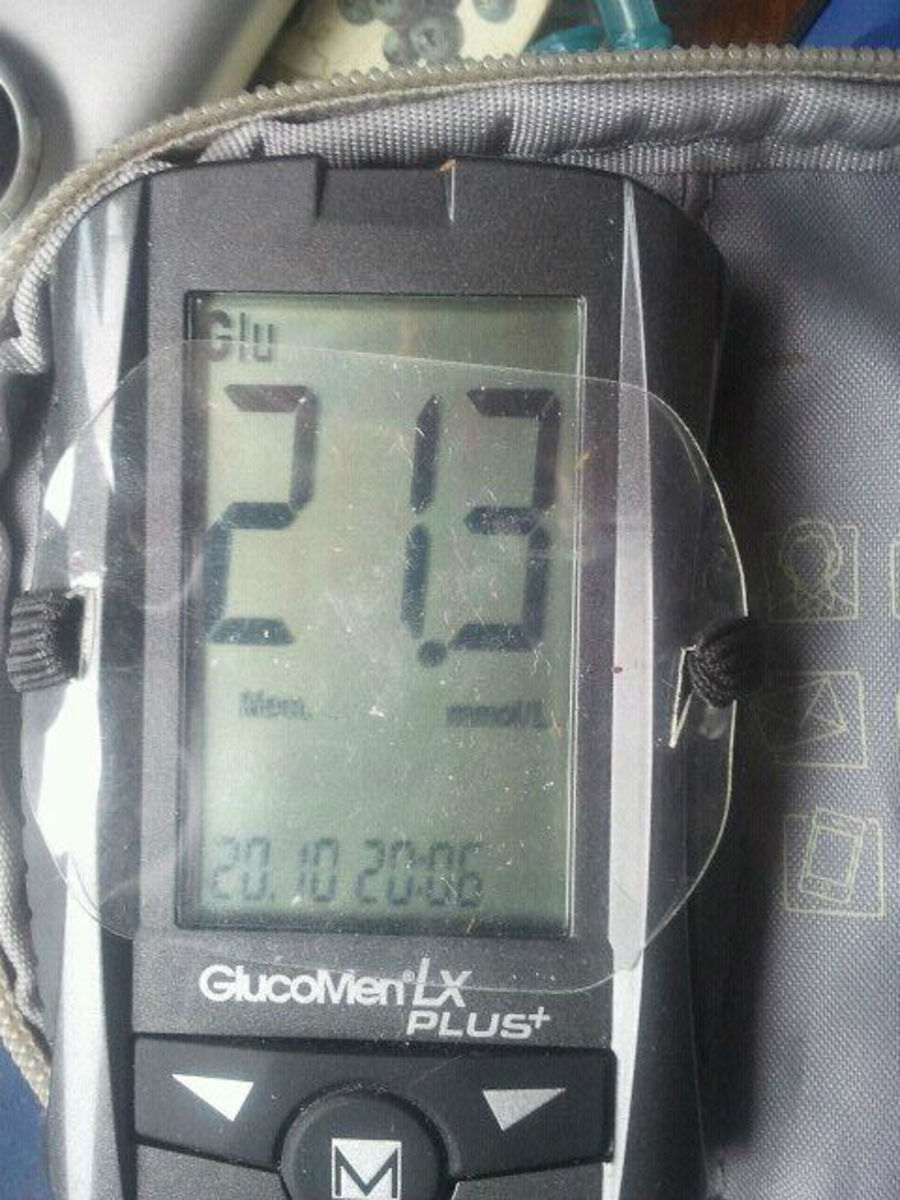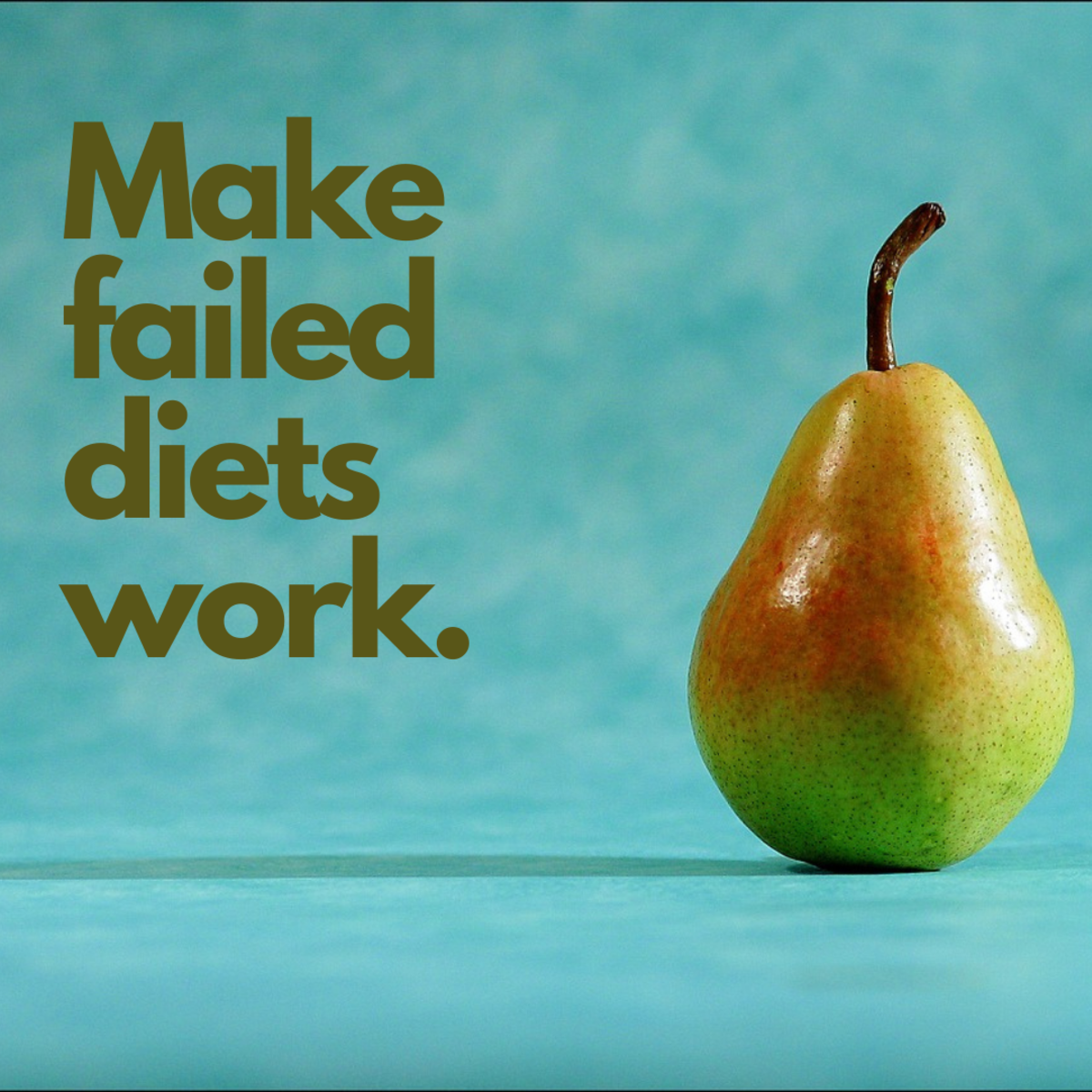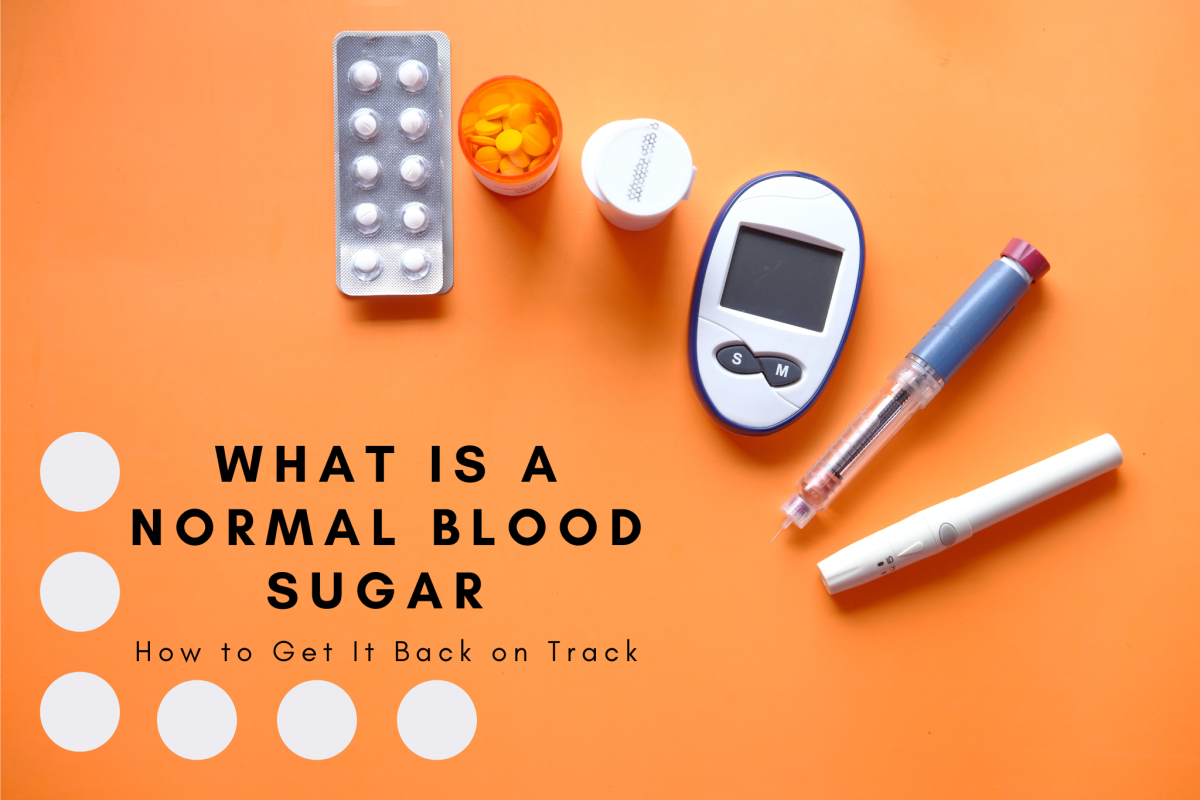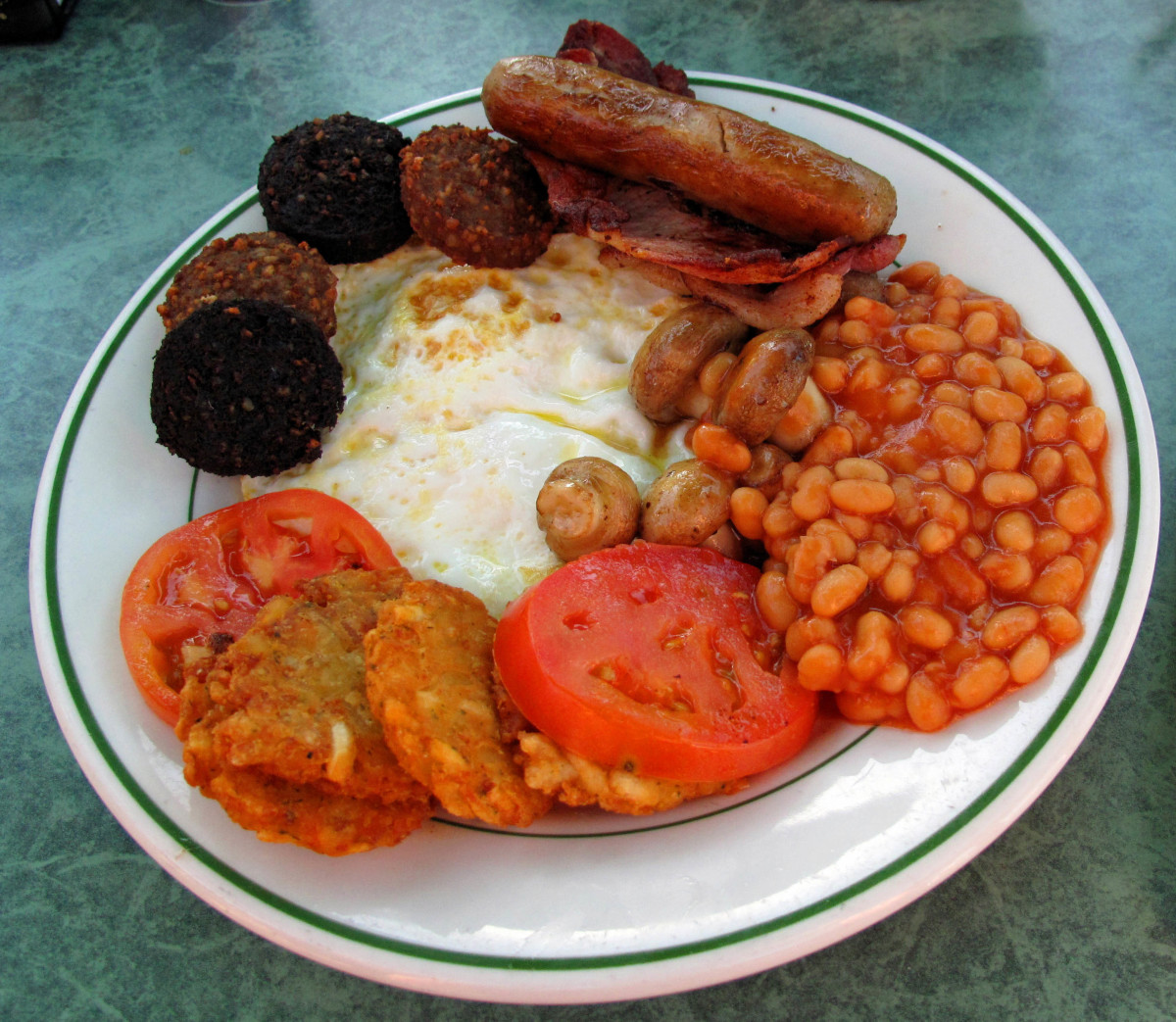Weight Loss with Diabetes
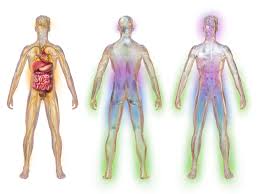
Best Weight Loss Guide for Diabetics
One of the major causes of diabetes is obesity. Most diabetics are, therefore, advised to lose as much weight as possible. Losing weight helps them to become less resistant to insulin and there is better circulation of insulin levels in blood. Subsequently, glucose is managed properly and enters the tissues and metabolizes the cells. However, for people who are overweight, losing some fat becomes a hard task because the higher the insulin level, the more fat is stored by insulin.
Consulting a doctor is best before staring any weight loss with diabetes program. He would be better able to suggest a plan that is based on proper dietary requirements and physical exercise.
A study conducted by the National Institute of Health has determined that maintaining a balance in diet and regular exercising can reduce the risk of developing diabetes by 50%. No matter how much you weigh, this routine will be of much benefit to you. Keeping your weight under control through diet and physical activity is also good for people who have not yet developed diabetes, as proven by various researches.
Again, there are some things that need to be kept in mind when you start your weight loss program. Contrary to common belief, dieting does not mean binging or not eating anything at all. You will never lose weight effectively if you starve your body of essential nutrients. Losing weight by diet means that you keep a check on the count of calories you consume per day. A healthy woman needs around 2000 calories in a day to maintain a proportionate weight according to her height. Hence, you should start by cutting down your calorie intake from 2000 to 1500. Take less of foods that have fat, carbohydrates and proteins. Your total calorie intake should include 25% of proteins, 25-30% from fat and the remainder of carbohydrates.
Proteins are good for diabetics as long as they keep an eye on their calorie count. They need about 100-150 grams of protein each day. Lean meats, nuts, beans, milk and dairy products, chicken and fish are good sources of protein. Eggs should be avoided as they are high in cholesterol even though they are good protein food. Diabetics don’t want to end up with normal sugar level but high cholesterol as this is also not good for them!
Foods containing fats should be avoided as the whole purpose of going on diet is to lose weight. Fried foods and trans fats should be avoided completely.
Foods containing carbohydrates need to be consumed very carefully because carbohydrate is broken down into sugar during digestion. Stay away from sweets and replace white bread with whole-wheat bread. Take more fibres like fruit, vegetables, cereals and sweet potatoes as these will also help you to fulfill the daily requirement of 20-30 grams of sugar in the body.
Just as dieting should be done with a balance, in the same way exercise should also be in limit. Do not over do it. If your body is not used to exercise, then you need to take it easy at first. Restrict your exercise to shorter periods of time initially. As your body adjusts, you can increase the duration of physical activity. Walking or running is best option as they lower blood sugar immediately. Since physical activity burns your blood sugar, it is also important to take medication and insulin with exercising.
Conclusively, there are many things to keep in mind when diabetics want to lose weight. It is always safer to consult a diabetes specialist or a nutritionist before starting any weight loss with diabetes endeavor as diabetic patients do not want to risk creating further complications instead of avoiding them!

Pre-diabetes: Weight Loss with Diabetes
The pre-diabetes situation is a very dangerous situation, if one considers that this is the pre-requisite to the onset of diabetes, or more specifically the late onset diabetes, because the pancreas is not healthy enough to produce glucose in sufficient amounts for the whole body, or sometimes there might be insulin resistance developed by the body cells. In this situation the blood of a person remains high in glucose but it is still far enough to be called diabetes itself. According to one study by American Diabetes Association, USA has phenomenal 57 million people suffering the potential danger from getting type-2 diabetes.
Extra weight is accounted for, by the fats inside the body, which are present around the heart, the kidneys, the pancreas etc. When fats around such organs intensify, can put strain on these organs, resulting in diabetes, heart attack etc. So losing weight is one of the primary requirements for person, whether, he or she is a diabetic or not.
According to Diabetes Information Clearinghouse, a person can reduce chances of getting type-2 diabetes just by a few adjustments in the standard of living, and losing just 5 to 7 percent of his weight. But before getting started for losing weight, make sure that your blood pressure, kidney functions, heart, liver, eyes and blood glucose levels are checked and monitored properly to reduce any other health risks associated with losing weight. For the proper monitoring of these parameters, you have to visit a doctor on monthly basis regularly. Not only this, you can get assistance on how to use blood glucose-meter, and what diet and exercise you should take.
Well if you are diagnosed as pre-diabetes, don’t worry? Just a few lifestyle changes can save you from getting diabetes. Starting with your dietary habits, immediately stop eating fried meals and start healthy eating for Diabetics program. Avoid high calorie sweet dishes, and fat rich dairy products. Instead of these, switch to healthy foods, i.e. broiled and baked chicken, fish, lean and meats. Take in more and more fresh fruits and vegetables, as these are rich in vitamins and minerals like calcium and iron, which is in rich quantities in spinach etc. Green vegetables also provide dietary fibers to enhance the digestion process. Also try to avoid processed flour and eat whole grain breads. It is claimed that eating fish three times a week will cause major muscle developments to be seen in the body. If you are bewildered over how to implement such dietary plan properly, then again it is not the matter of panic, dieticians, specialized in diabetes are there for you, who will help you in composing an effective and healthy diet plan and you have to inform them regularly about the diet you are taking in daily.
Get regular exercise daily for at least 30 minutes. But if you are not fit enough, because of lack of experience of obesity, to carry on with strenuous exercises, then start with less effort-requiring exercises, like walking, cycling etc. and then raising the level of your aerobics gradually. These aerobics increase your heart rate, develop heart muscles, lower blood pressure, make blood glucose to be utilized and increase your breathing rate.
It is strongly recommended to you to take strength exercises as well, because these strength training and flexibility exercises give your bones and muscles enormous strength. Start with 2 lb. weight and then increase it to heavier weights. You can hire a personal trainer to help you with your technique. Not only this, if the body is injury prone, the flexibility and stretching reduces this. Stretching is compulsory before and after every exercise, as it reduces injury chances during exercises, like muscle pulling, hamstrings injury etc. Taking circuit classes for cardio training, and flexibility exercises like Pilates twice a week is strongly endorsed. If you want to check the significance of exercise for the body, especially considering the diabetes, measure your glucose level before and after the exercise. You will see dire perfection in it.
Strenuous exercise can cause dehydration and dizziness, if you don’t drink plenty of water throughout the day. The water is an essential fluid as it is a medium of transport inside the body. So make sure you drink water before exercising and make sure enough water is drunk to fulfill the loss during the exercise.
Diabetes, Weight-loss, Allergies
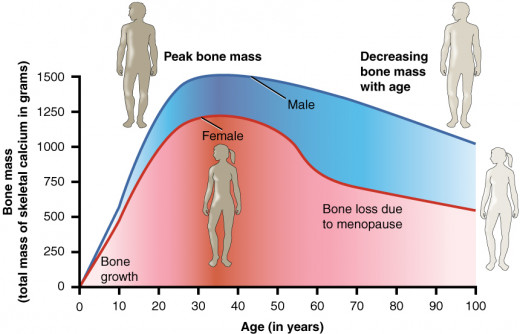
Do Commercial Diet Plans Really Work for Diabetics?
The truth is that all the much advertised and often used weight loss commercial programs do is to help in temporary weight loss, as supported by the following statistics:
- South Beach diet plan: On an average, followers of south beach diet plan will succeed in losing 14 pounds (6.4 kg) in the first 12 weeks. However, over the next 18 months, they will regain 6 pounds (2.7 kg), making their long term weight loss of only 8 pounds (3.6 kg).
- Weight Watchers diet plan: Despite much hype about this programme, its followers end up gaining a pound after twelve months of diet.
- Atkins diet plan: The case is not much different with this high protein and fibre but low carb diet. It has been observed that an Atkins dieter loses 13 pounds (5.9 kg) in first six months but regains 4 pounds after two years of following this programme. (According to the research published in New England Journal of Medicine, February 26, 2009 edition)
- Slim Fast programme: A follower of this plan is able to lose only 2 pounds (0.9 kg) after a year of this diet.
- Nutrisystem diet plan: An Israeli study observed, in general, that a dieter following a low-glycemic index diet for two years drops 6 pounds (2.7 kg) at the end of this time period.
Studies also show that people following such diet plans only manage to lose approximately $1,000 on permanent basis while weight loss is only temporary and that also is restricted to one pound or half a kilogram. In fact, in Weight Watchers, the dieters not only lose money, but also gain weight!
However, for type 2 diabetes patients, the only way to get rid of excess pounds is to find out the right balance of dietary requirements that maintains their blood sugar levels. When they do find such a balance, they can, then, lose as much weight as they want.
Diabetes type-2 and obesity
Obesity puts a strain on the blood vessels, raising blood pressure and also it puts strain on the digestive system organs, making digestion, very inefficient. When strain is put on the islets of Langerhans of pancreas, type-2 diabetes can result. But mostly, it is not the direct cause but intensifies chances of getting type-2 diabetes when other high risk factors are present, for example heredity factor. But if anyone is already suffering from type-2 diabetes, now becomes overweight, will suffer more, as he/she will find it very difficult to keep his/her blood glucose level under control, because obesity raises the blood glucose level.
Chances of development of cardiovascular diseases, such as heart attack, stroke, and hypertension intensify because of the complications a person suffers from diabetes. As discussed earlier, these diseases also develop if you are obese. Hence, if a diabetic is obese, chances of the above mentioned diseases striking that person are double to that of the one who is not obese. This fact illustrates the importance of controlling the weight and progressing your weight loss with diabetes program, by taking healthy diet and taking proper exercise.
Weight Loss with Diabetes Program Poll!
Do you participate in any Weight Loss with Diabetes program?
Recommended!
- How To Revitalize Damaged Hair
Nowadays we all want to make our hair look great by using different methods for taking care of hair, such as highlighting, diving and putting different cheap low-quality sprays and gels on it. All of these can damage our hair and leave some consequen - Health benefits of Cherries and Apricot Kernel Oil
Health benefits of cherries and how cherries will help you loose weight.During summer when cherries are just appearing in the shops it’s an excellent idea to use cherries to loose unwanted weight! - Essential Oils : Essential Oils Uses and their Benefits
Essential Oils Uses and their Benefits. In this article you will find out the information on the best Essential Oils Uses and their Benefits. As the name suggest, essential oils are very essential. - Best Balance Ball Chair for the Office
Are you looking for exercises to do at work? This Balance Ball Chair may be the answer to exercising. Balancing is a lot harder than you think. Balancing strengthens your core and that where all your strength comes from. Have you tried a Balance Ball - Health benefits of Cranberries and Milk
Cranberry grows on peat swamps, in moist woods and near stumps. It is recommenced to use mature berries. They can be harvested in three seasons. - Outdoor Cat House : Information on Outdoor Cat Houses and Outdoor Cat Enclosures
What You Should Really Know About Outdoor Cat House? Keep your feline safe while roaming outside in an outdoor cat house! - Healthy normal cholesterol levels VS bad cholesterol levels
Cholesterol is blood lipids (lipid-fat), some fatty substance. When cholesterol and his plaques start clogging the vessels of the heart or brain, life becomes unbearable. - Healthy Eating for Diabetics: Diabetes what to eat and not to eat
For many people who now suffer with diabetes a healthy eating plan is a must. It should include several small meal that they eat throughout the day on a much more condensed and periodic basis in order to maintain their sugar and glucose levels more s






